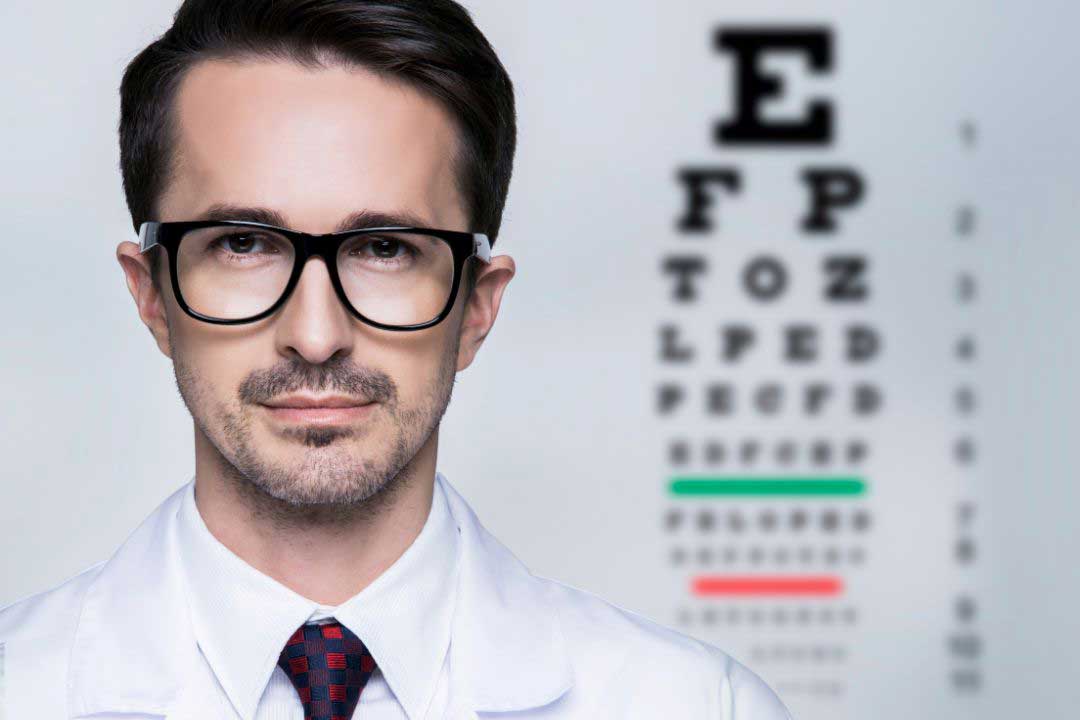Optometrist vs Ophthalmologist: Differences Explained

Table of Contents
-
It’s crucial to pick the best eye care provider to look after our eyes. We can keep our eyes healthy with the assistance of optometrists and ophthalmologists, but there are important distinctions between the two.
This article will explain the differences between optometrists and ophthalmologists more clearly. This will help you decide which type of eye doctor is best for you and your eye care.
-
An optometrist is an eye doctor who can help you with your eye care needs. They can give you a prescription for glasses or contacts and treat different eye diseases and conditions. They usually have a Doctor of Optometry (OD) degree and a license to practice optometry.
-
A physician focusing on identifying and managing conditions affecting the eyes is known as an ophthalmologist. They are trained to give medicine, do surgery on the eyes, and take care of the eyes in every way. Ophthalmologists usually have licensed physicians with a Doctor of Medicine (MD) degree.
-
After getting a bachelor’s degree, optometrists usually complete a four-year Doctor of Optometry program. They receive specialized training in eye care, and to be able to practice optometry, they must pass written and practical examinations.
On the other hand, ophthalmologists finish four years of medical education after earning a bachelor’s degree. After that, they complete a residency program, which can take three to seven years, depending on their chosen specialty. To be able to practice medicine, ophthalmologists must also pass both written and clinical examinations.
-
A variety of primary eye care services are offered by optometrists, such as Comprehensive eye exams, prescribing eyeglasses, and contact lenses:
- Identifying and treating illnesses and conditions of the eyes.
- Offering vision therapy.
- Managing glaucoma and other long-term eye conditions.
- Helping patients before and after eye surgery with their care.
-
A variety of cutting-edge eye care services are offered by ophthalmologists, including:
- Treating and managing chronic eye conditions like macular degeneration and diabetic retinopathy.
- Diagnosing and treating complex eye diseases and disorders.
- Performing eye surgeries like cataract removal and LASIK.
- Prescribing eye medications.
Offering immediate eye care services.
-
The main difference between optometrists and ophthalmologists is their areas of expertise. Optometrists can diagnose and treat many eye problems but may refer patients with serious issues to ophthalmologists.
Ophthalmologists are highly trained and experienced in treating complex eye diseases and conditions.
Optometrists cannot perform eye surgeries like LASIK or cataract surgery; only ophthalmologists can. This implies that you must see an ophthalmologist if you require surgery to address a vision issue.
-
Both optometrists and ophthalmologists can focus on a particular aspect of eye treatment. Optometrists can concentrate on various things, such as pediatric eye care, sports vision, and poor vision rehabilitation. Ophthalmologists deal with many eye problems like glaucoma, retina issues, and diseases of the cornea and vitreous. They also specialize in neuro-ophthalmology
-
Both optometrists and ophthalmologists conduct thorough eye examinations to check for vision problems and eye diseases. When a patient has a complicated eye condition, ophthalmologists may use more advanced techniques to check their eye health
-
The cost of seeing an optometrist or ophthalmologist varies based on your insurance, the clinic location, and the services you need. Generally, seeing an ophthalmologist can be more expensive than seeing an optometrist, especially if you need surgery.
-
Most insurance policies cover eye care services from optometrists and ophthalmologists. But the coverage might differ depending on the service type needed and the patient’s insurance plan. Verifying your benefits with your insurance provider is essential.
-
It is important to consult with your primary care physician or optometrist before seeking the services of an ophthalmologist. They can help you determine if a referral is necessary and guide you toward the best action for your eye health.
-
Both ophthalmologists and optometrists are very important for keeping the eyes healthy and taking care of eye diseases and problems. Optometrists only do basic eye care; ophthalmologists are better trained and have more experience diagnosing and treating complex eye conditions. The type of your eye condition and your specific needs will determine the finest eye care provider for you.
